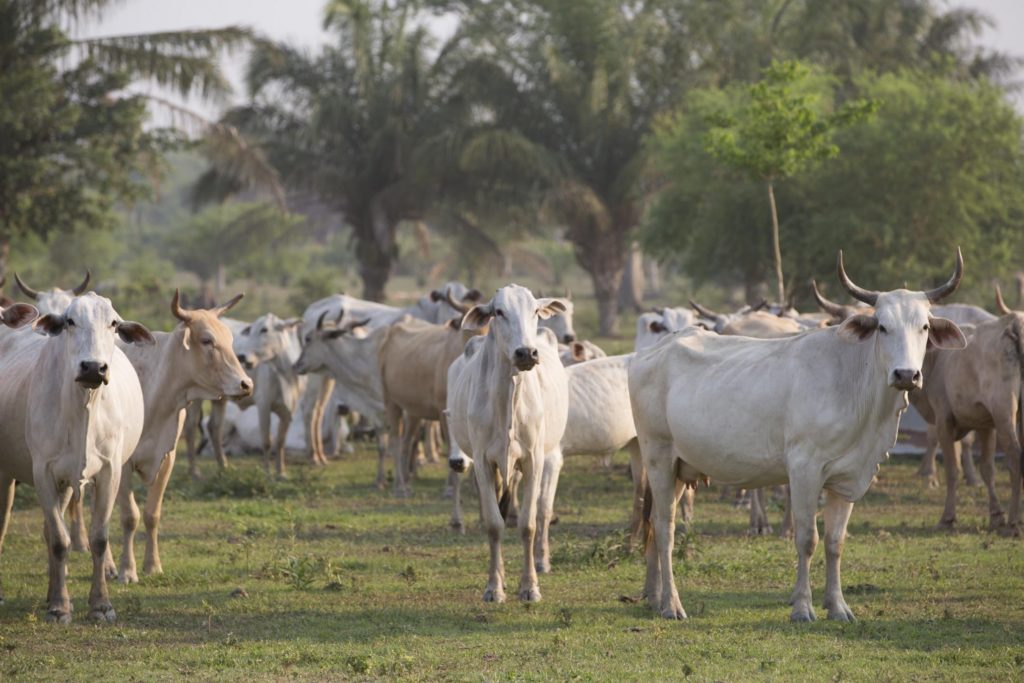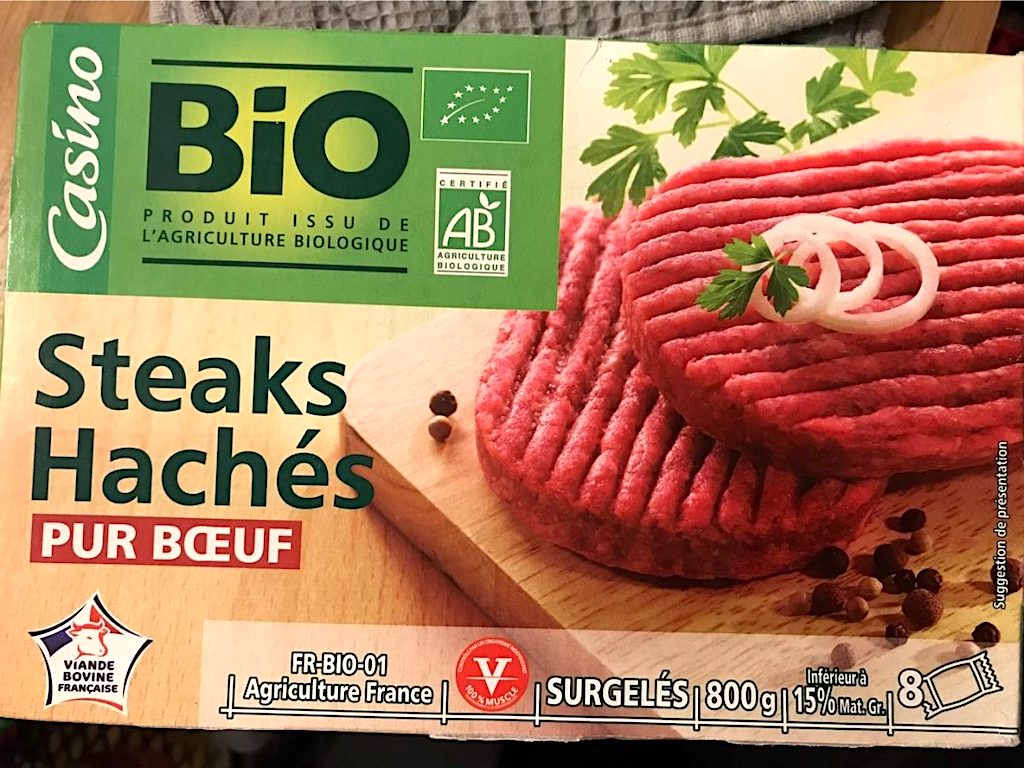3 Mins Read
Indigenous people from Brazil and Colombia have filed a lawsuit against French supermarket chain Casino for selling beef linked to deliberate deforestation and land-grabbing in the Amazon rainforest. It represents the first time that a retailer in the country has been taken to court over deforestation under the French law holding companies to account over human rights and environmental violations across their supply chains.
French supermarket chain Casino is being taken to court over selling beef linked to deforestation, land-grabbing and violence against Indigenous peoples in the Amazon, marking the first lawsuit of its kind in the country. Casino is being sued in a court in Saint-Etienne, where the firm is headquartered, over a 2017 law that demands companies in France to avoid any environmental and human rights violations throughout their supply chains.
The French retailer is the parent company of GPA, the largest food retailer in Brazil and the second-largest in Latin America. More than 11,000 stores across France, Brazil and Columbia are operated by the Casino group.
Indigenous campaigners in Colombia and Brazil allege that Casino is regularly purchasing beef from three deforestation-linked slaughterhouses. These slaughterhouses have sourced their beef from nearly 600 cattle ranchers and suppliers who are responsible for driving as much as 50,000 hectares – equivalent to five-times the area of Paris – of forest loss between 2008 and 2020, says the lawsuit.

The demand for beef by Casino and Pão de Açúcar brings deforestation and land grabbing and violence.
Luis Eloy Terena
Campaigners have also accused Casino for human rights violations, citing one particular case where indigenous lands had been invaded and used by cattle ranchers who supply GPA.
“The demand for beef by Casino and Pão de Açúcar brings deforestation and land grabbing and violence,” said campaigner Luis Eloy Terena, leader of Brazil’s Terena people and representative of COIAB, an organisation that coordinates indigenous groups in the Brazilian Amazon.
“With this lawsuit, we seek to hold the company accountable for the consequences of these impacts and to bring some relief to the reality confronted by our indigenous peoples on their lands.”
New data released by the World Resources Institute (WRI) found that deforestation soared by 12% globally over the past year. Brazil fared the worst of all countries for forest loss, with 1.7 million hectares being destroyed in 2020 alone.
With this lawsuit, we seek to hold the company accountable for the consequences of these impacts and to bring some relief to the reality confronted by our indigenous peoples on their lands.
Luis Eloy Terena
According to the WRI report, the majority of deforestation in Brazil was driven by large-scale deliberately cleared lands and wildfires. The number of wildfires in 2020 exceeded that of 2019, the year when images of burning forests driven by farmers clearing lands for cattle-rearing and animal feed cultivation ignited global outrage.
In a statement, Casino argues that GPA maintains a strict policy to oversee the origin of its beef from its suppliers, and says that Brazilian beef is not being sold in French retail stores. GPA also issued a comment to Reuters saying that the company has established a “zero Amazon deforestation” criteria, along with other human rights and protections for Indigenous peoples, across its supply chains and ranchers that it partners with.
Sebastian Mabile, a lawyer for the plaintiffs, says that Casino and its subsidiary firms have failed to uphold their obligation to properly eliminate deforestation from their supply chains.
On top of putting an end to illegal land-grabbing and forest clearing, the lawsuit is looking for €3 million (approx. US$3.6 million) in damages to be paid to the organisations representing Indigenous groups, which includes French and U.S.-based campaign groups.
Lead image courtesy of World Open Food Facts.




